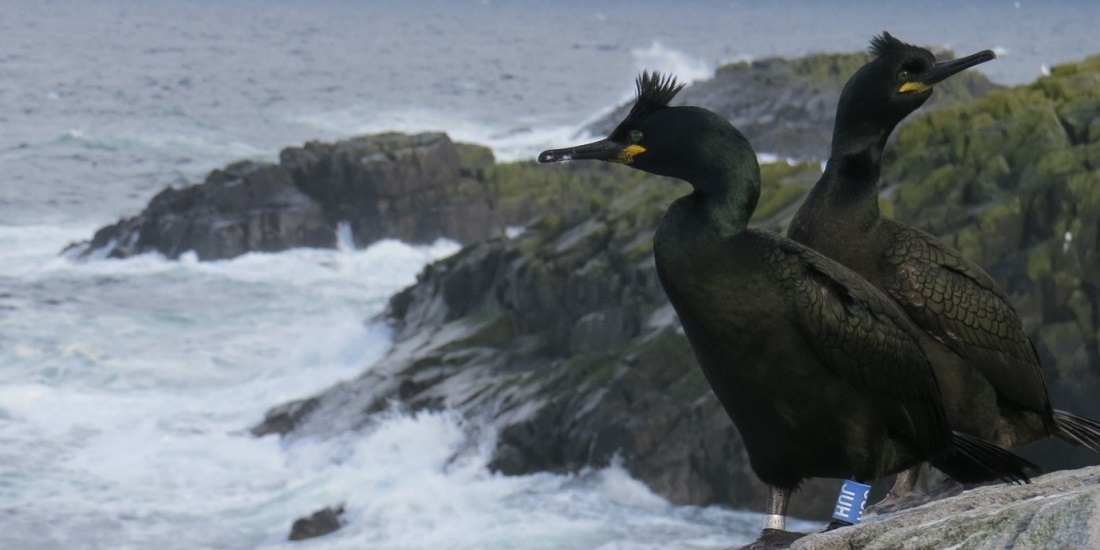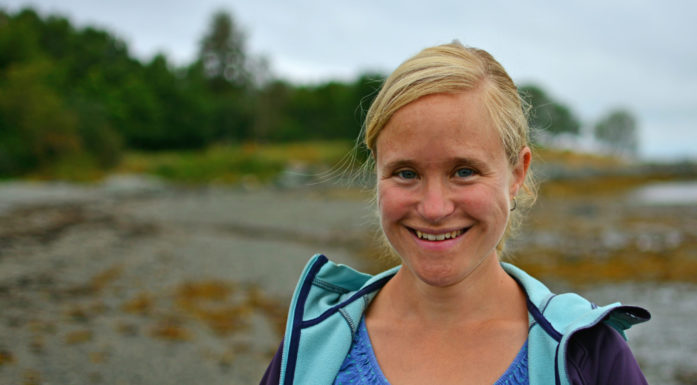Are animals able to cope with climate change?
Professor Jane M. Reid has received NOK 29 million in EU funding to investigate how animals adapt to rapid environmental change.
The climate is changing, which means that habitats are also changing. Is life on Earth able to adapt fast enough to keep up with these changes?
The European Research Council (ERC) has awarded Professor Jane M. Reid an ERC Advanced Grant of EUR 2.5 million to research this question. This is equivalent to approximately NOK 29 million.
“The goal is to understand how wild populations will respond to climate change,” says Professor Reid.
A population is the individuals of one particular species living within a defined area.

Professor Jane M. Reid wants to understand how wild populations will respond to climate change. Photo: Per Henning, NTNU
Are species able to keep up with the changes?
The project that has received the EU grant is called EcoEvoMove. The research combines new theoretical models with population data collected in nature. The data are mainly derived from research on the European shag (Gulosus aristotelis), a species of bird found in Scotland.
“We are going to test a hypothesis that rapid genetic changes can prevent populations from collapsing as a result of climate change,” says Professor Reid.
This particular European shag population may become more vulnerable to storms due to climate change.
More about ERC grants
The European Research Council (ERC) was established by the EU in 2007 and is the leading European funding organisation for excellence in research. Every year, the ERC provides funding to the very best, creative researchers in order for them to conduct projects based in Europe.
- ERC funding is divided into Starting, Consolidator, Advanced and Synergy Grants.
- NTNU aims to increase the percentage of successful ERC applications and has seen a positive development and increased its project portfolio from Horizon 2020 to Horizon Europe.
- The ERC has funded over 9500 leading researchers and over 50,000 postdoctoral fellows, PhD students and other employees working in research teams.
- The ERC strives to attract top researchers from all over the world to come to Europe.
- The ERC is led by an independent governing body, the Scientific Council.
- The ERC has been part of the Horizon 2020 programme and continues as part of the Horizon Europe framework programme.
This is fundamental evolution theory; as the environment changes, animals, plants and other life will adapt to these changes. Through generations, the genetic material in a population changes in response to the new living conditions, at least if they manage to keep up. Otherwise, they may become extinct.
Therefore, it is important to understand more about how quickly these changes can take place in different species.
- You may also like: How do raindrops grow?
20 years of work
“I hope this will help us understand and manage the fate of populations in our changing world,” says Reid.
All in all, the research will take 20 years to complete. It takes this long to collect enough data to test for evolutionary changes in nature. Reid and her colleagues have been collecting data for 15 years already, so it is about time for some analyses.
“I am very pleased that my ERC application was successful, not least because it would be impossible to conduct this type of long-term research in Norway without the ERC grant,” says Professor Reid.
The money will be used to complete the work in the next five years.



